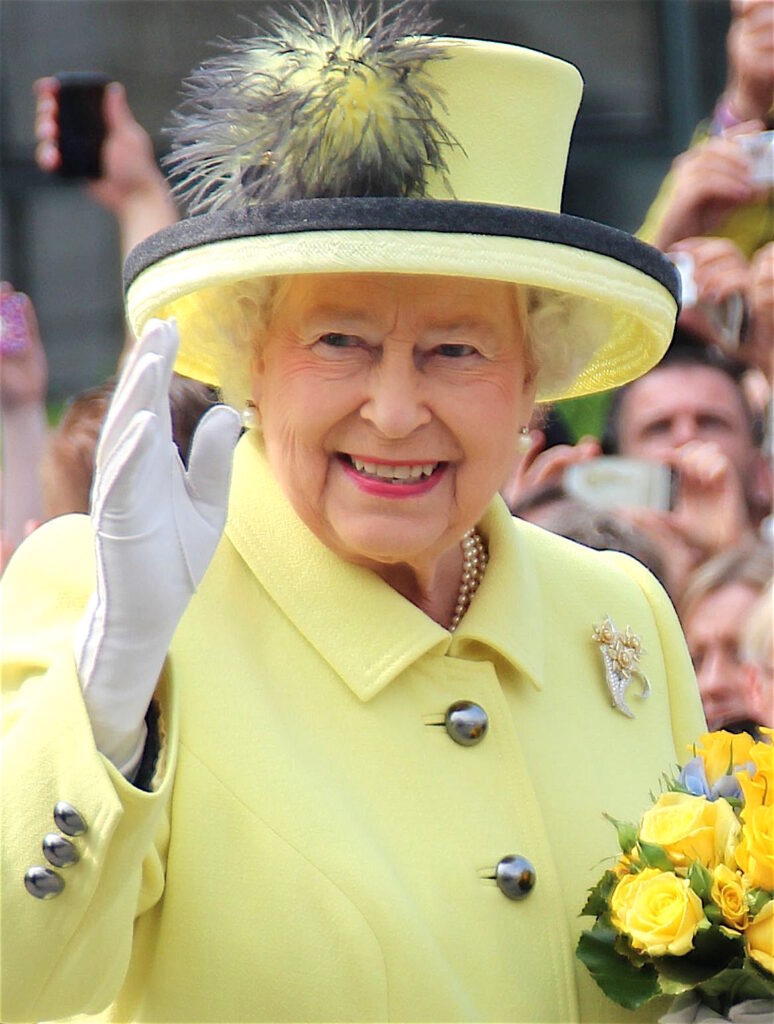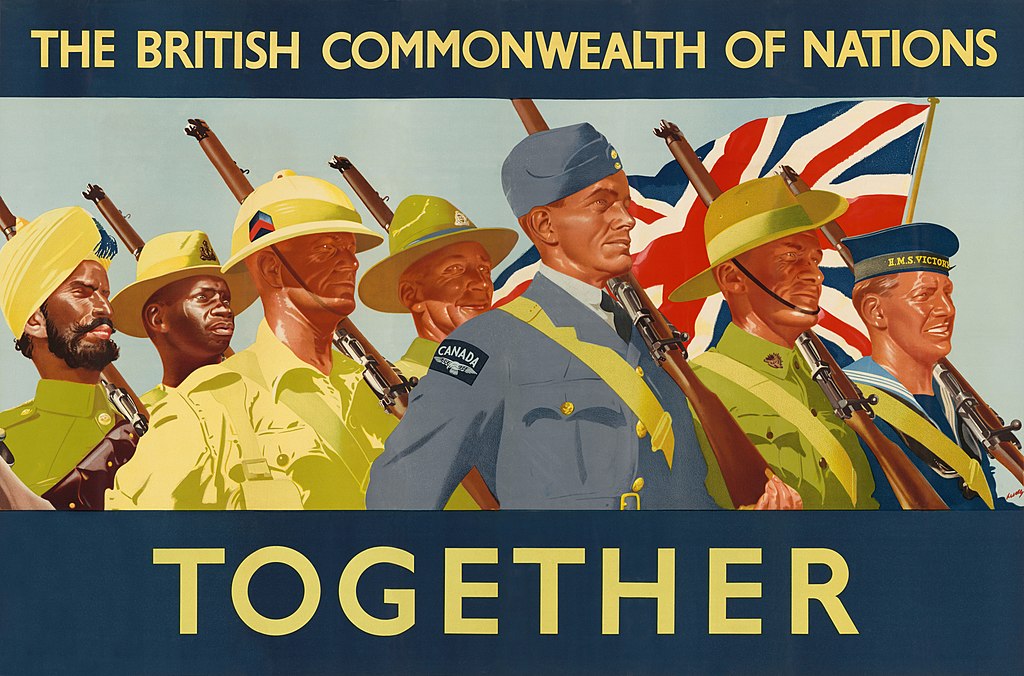Image U.S. National Archives and Records Administration, Wikimedia.
By: Mike Swadling
“The World Population Review list the Best Countries To Live in 2022 as Norway, Ireland, Switzerland, Iceland, Hong Kong, Germany, Sweden, Australia, Netherlands, and Denmark. 5 of them are like the United Kingdom, parliamentary constitutional monarchies”
The Jubilee proved a great opportunity for local neighbourhoods to come together in street parties, for local communities to decorate town centres and hold festivals, and for the nation to celebrate as a whole. This was an almost unique opportunity for a nation like the United Kingdom, that doesn’t otherwise have a national day of celebration, and being formed by 4 component nations, doesn’t have many natural ways to bring our United Kingdom together except in honour of our Monarch.
The World Population Review list the Best Countries To Live in 2022 as Norway, Ireland, Switzerland, Iceland, Hong Kong, Germany, Sweden, Australia, Netherlands, and Denmark. 5 of them are like the United Kingdom, parliamentary constitutional monarchies. The 20 Happiest Countries In The World In 2022 according to Forbes includes 10 parliamentary constitutional monarchies. Looking at regions, Japan (monarchy) is arguably the best country to live in its region, Malaysia and Thailand (monarchies) are probably preferable to Myanmar, Vietnam, or Indonesia. The Bahamas (monarchy) is perhaps the best of the Caribbean islands states to live in, and Belize (monarchy) the best country on the mainland of Central America. Are you starting to see a pattern forming? There are 208 countries in the world, just 13% (27) are parliamentary constitutional monarchies, yet they are overrepresented on every list of countries where you would want to live.
If it ain’t broke, don’t fix it. No matter how illogical monarchies, are they clearly work. The parliamentary Brexit wars of 2016-2019, confirmed to me the hereditary House of Lords and Judicial functions of the House of Lords worked better than what we have today. For all its faults and failings the undemocratic house, full of hereditary peers, frankly worked quite well. Under it we extended the franchise for men and gave women the vote. Passed multiple Factory Acts improving working conditions, pursued laissez-faire economic policies whilst legalising trade unions, had agricultural and industrial revolutions, and built and started giving up, an empire. We won two world wars against Germany, and arguably two more against France. It wasn’t democratic but it was a system that, albeit sometimes rather slowly, worked.
“Yes, in a democracy we the people are the politicians’ real boss, but they only get feedback at election time. Needing to explain themselves to the Queen once a week is a good opportunity to experience some humility”
The best argument for a monarchy is often said to be President Thatcher and President Blair, one or both of these options will appal most people. Despite both winning multiple elections, neither can be argued to be unifying figures. But more than a rebuff to an unpopular president, the monarchy provides several practical benefits.
- They ensure even the most powerful politician has a boss. Yes, in a democracy we the people are the politicians’ real boss, but they only get feedback at election time. Needing to explain themselves to the Queen once a week is a good opportunity to experience some humility.
- They are the embodiment of the nation as a person. The nation is a fairly amorphous concept, but one that can come together and be represented under one figure.
- Being apolitical, and it is critical they remain apolitical, they become a blank canvas for us to all paint our own ideas and views on. We can all be satisfied we are fairly represented in our establishment by a royal family who’s views we can believe are as similar or not as we like to our own.
- For a democracy to work we need opposing views, for a nation to work, we need some unity. Most of the content on Netflix and Disney wants to impose some political views on me, woke corporations abound, and sports are full of political gesturing. The more places in life we can find without a political slogan the better, royalty gives us that.
But don’t take my word for it. Take the word of the 54 member states of the Commonwealth of Nations, countries that choose to belong to a body headed by the constitutional monarch of the United Kingdom. The soft power the monarchy provides is a huge boost to British interests, economic, cultural, and political. Is the system perfect? No. Is it democratic? No. Is it even logical? Not at all. Does it work? A resounding Yes!

This article was originally published in Blacklist Press‘ Free Speech.

